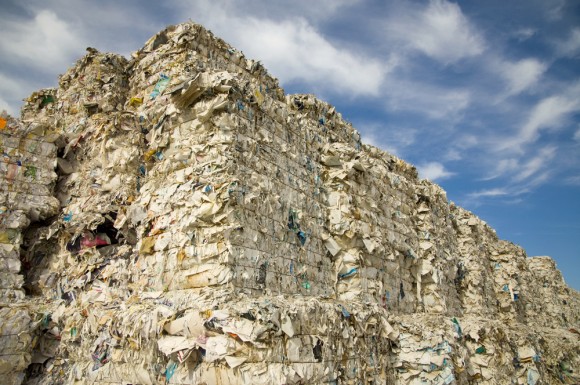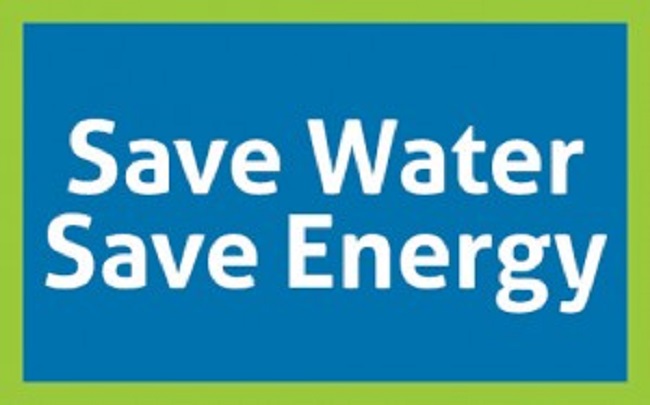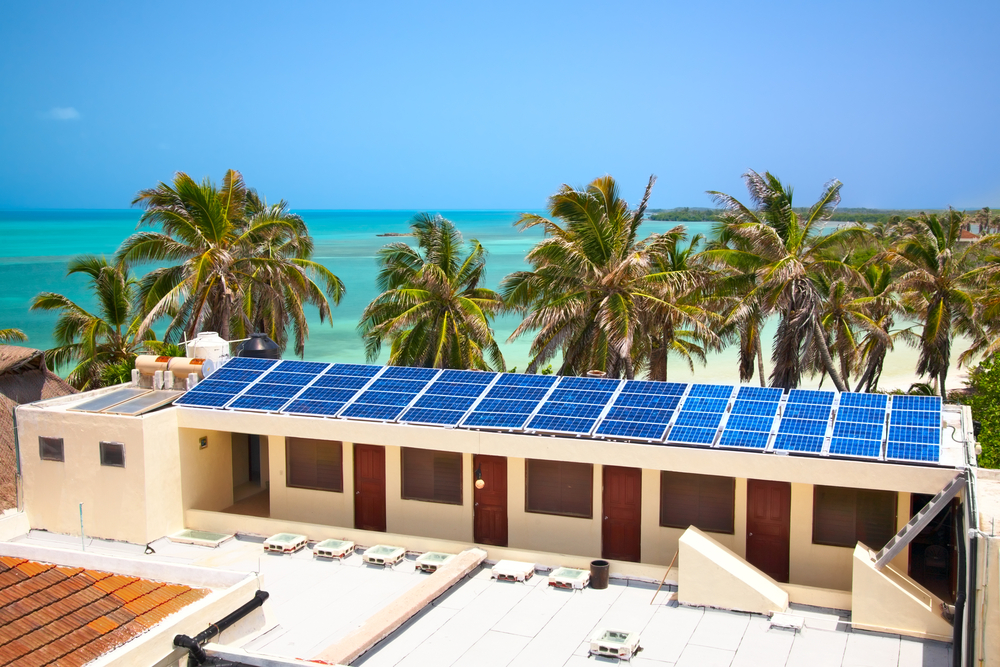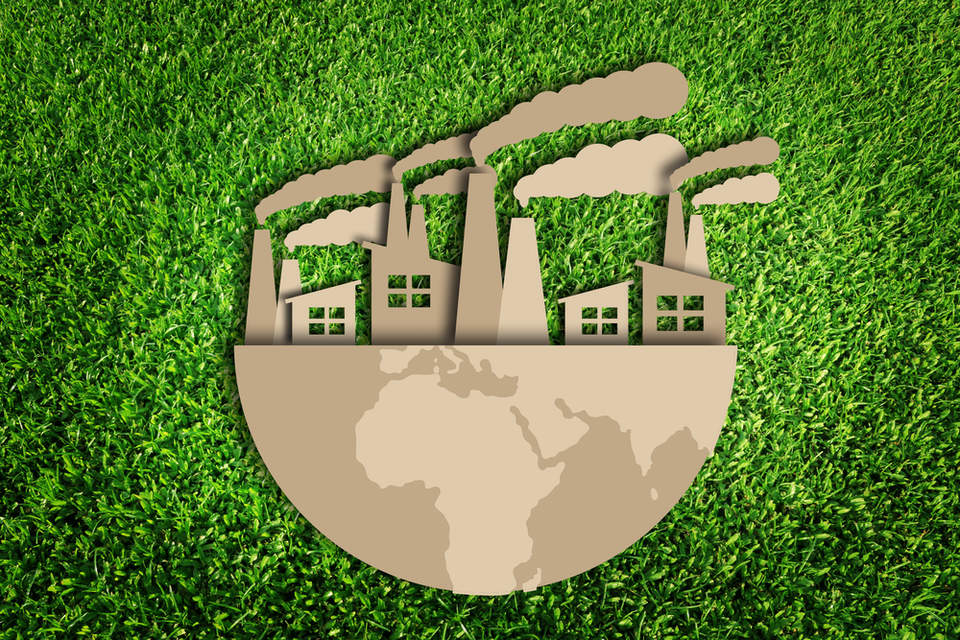The amount of paper used every year is equal to a startling amount of green cover. The eco-friendly solution is going paperless. When we use electronic media for saving data a good amount of paper is saved. The Amazon Kindle is a superb example of paperless technology. A huge amount of books are bought on the Kindle each year. The books are cheaper since they are in electronic format and the screens are a clear white which makes reading easier. The amount of paper an everyday device like the Kindle saves each year is startling.
When you decide to go paperless, it is a good idea to take the process in steps. Too much change in too little time can be overwhelming. It can even discourage you from going paperless. Going paperless is an ongoing process.

Useless Paper Recycling
Recycling of paper that is useless can save a lot of paper. Old work samples, old magazines, useless marketing materials, extensive project notes and such paper materials that have no use in today’s day should be recycled. Temporary notes should be sent through recycling as well.
The Internet and a Paperless World
There are some kinds of paper like bills, bank and investment statements and checks that can be eliminated by online payments. You can pay bills electronically via the computer and save a huge amount of paper. Such accounts should be carefully monitored, though.
The computer
It is useful in even more paper saving operations. Invoices can be created and sent via the computer. Software can be used to handle finance electronically. In addition, meetings and schedules can be fixed electronically. How important is it for you to use paper?
Incoming paper can be converted to digital format. Business cards, proposals, diagrams and client information can all be stored electronically in PDF format. Electronic fax is another great paper saver.
Data Management
You may not need paper but you will need data. Create a secure electronic system for the data and a regular backup process
Paperless Technology
It is offered by many companies. There are document management, data management and other paperless systems. The computer and internet are essential components of such systems. The scanner can be used to convert documents into electronic format. Print on both sides of paper to save paper.
Smart Phone
This is an essential part of paperless technology and combines a phone with a personal digital assistant. Common smart phones are the iPhone and Blackberry. Notes can be saved and read, emails can be sent and much more can be done via this medium. It also has an electronic address book.
Backed Up Data
Data can be backed up easily on electronic media. Most data can fit in a CD or pen drive. There should be a regular back up schedule to ensure that important data is safe.
Security for Electronic Data
Protect your electronic data with virus protection and also with a firewall. The information coming to your computer through the internet should be filtered by an appropriate program.
Virtual Offices
They are taking the whole office online where members of the workforce are connected via special programs or websites. This makes all communication paperless. A paperless office is a quantum leap over the traditional office where storage of data is compact and more secure. Paper files and cabinets are no longer needed in a paperless office.
The space required to store paper is reduced and that equipment is not needed. Files are easily searchable and this is another benefit of a paperless office. Data can be updated and smaller and smaller electronic viewing systems from PC’s to laptops, to tablets to smart phones are changing the nature of the modern office environment.
In Conclusion
Paperless offices are changing the way we work. Fewer trees are being cut. And a positive effect on world climate is being made. Offices are becoming leaner and data is being stored in better and more easily retrievable ways. The paperless office has brought a clean green future to us, today. Don’t forget that this is only one way to make your office greener; there are several things you have to take care about like lighting, heating/cooling, recycle.






